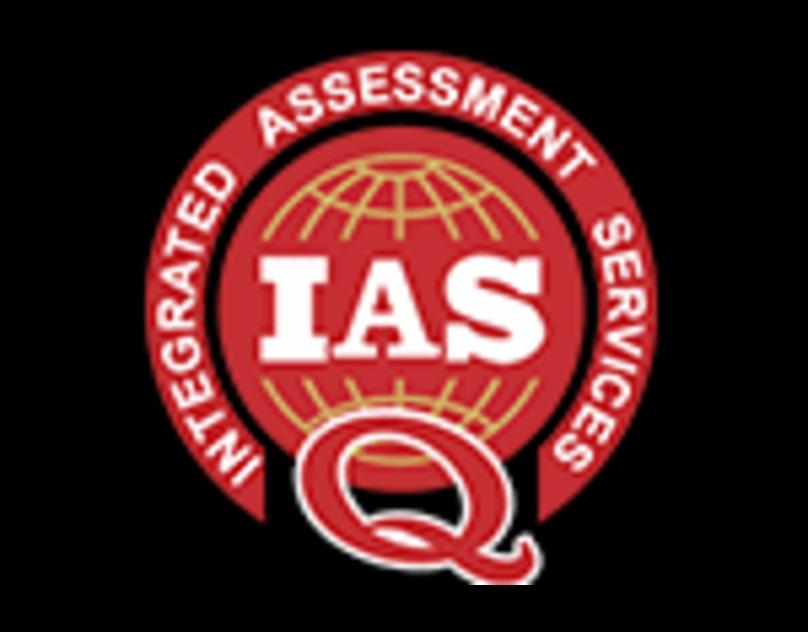ISO (International Organization for Standardization) courses are designed to equip individuals with the knowledge and skills required to understand and implement ISO standards in organizations. These standards are crucial in ensuring quality, safety, and efficiency across various industries. With ISO certifications widely recognized around the world, undertaking an ISO course can open new career opportunities and enhance organizational performance.
1. What are ISO Courses?
ISO courses are specialized training programs focused on ISO standards, which are global frameworks developed to ensure quality, safety, efficiency, and environmental protection. These courses provide learners with an in-depth understanding of ISO standards, how they are applied in different industries, and how to audit or manage systems based on ISO requirements.
The most popular ISO standards include ISO 9001 (Quality Management), ISO 14001 (Environmental Management), ISO 45001 (Occupational Health and Safety), and ISO 27001 (Information Security Management). ISO courses can range from introductory programs to advanced certifications for professionals responsible for auditing or managing ISO-compliant systems.
2. Benefits of ISO Certification
Taking an ISO course offers multiple advantages for both individuals and organizations:
- Improved Career Prospects: ISO certifications are highly regarded in many industries. Professionals with ISO expertise are often in high demand for roles in quality management, process improvement, and compliance.
- Enhanced Organizational Efficiency: Understanding ISO standards can help organizations streamline processes, reduce waste, and improve productivity by adhering to best practices.
- Global Recognition: ISO certifications are recognized worldwide. Organizations and professionals with ISO training are more likely to be trusted and respected internationally.
- Risk Mitigation: ISO standards help organizations manage and mitigate risks, ensuring compliance with regulations and reducing the likelihood of legal issues or costly errors.
3. Popular ISO Courses
ISO courses cater to various industries and roles. Some of the most popular ISO courses include:
- ISO 9001: Quality Management Systems: Focuses on improving quality management systems to ensure customer satisfaction and continuous improvement.
- ISO 14001: Environmental Management: Teaches how to manage environmental impacts, reduce waste, and improve sustainability efforts.
- ISO 45001: Occupational Health and Safety: Focuses on creating safer workplaces by preventing accidents and ensuring health and safety compliance.
- ISO 27001: Information Security Management: Focuses on protecting sensitive data and maintaining information security.
4. Who Should Take ISO Courses?
ISO courses are suitable for a wide range of professionals, including:
- Quality Managers: Professionals responsible for maintaining quality standards within an organization.
- Auditors: Individuals who need to evaluate whether an organization is adhering to ISO standards.
- Compliance Officers: Those ensuring that an organization meets legal and regulatory requirements.
- Business Owners: Entrepreneurs seeking to implement ISO standards to improve business operations.
5. Conclusion
ISO course provide valuable knowledge that can significantly improve both personal career development and organizational effectiveness. Whether you are looking to advance your career or help your company achieve global recognition for quality, safety, and efficiency, enrolling in an ISO course is a smart investment in your future.

